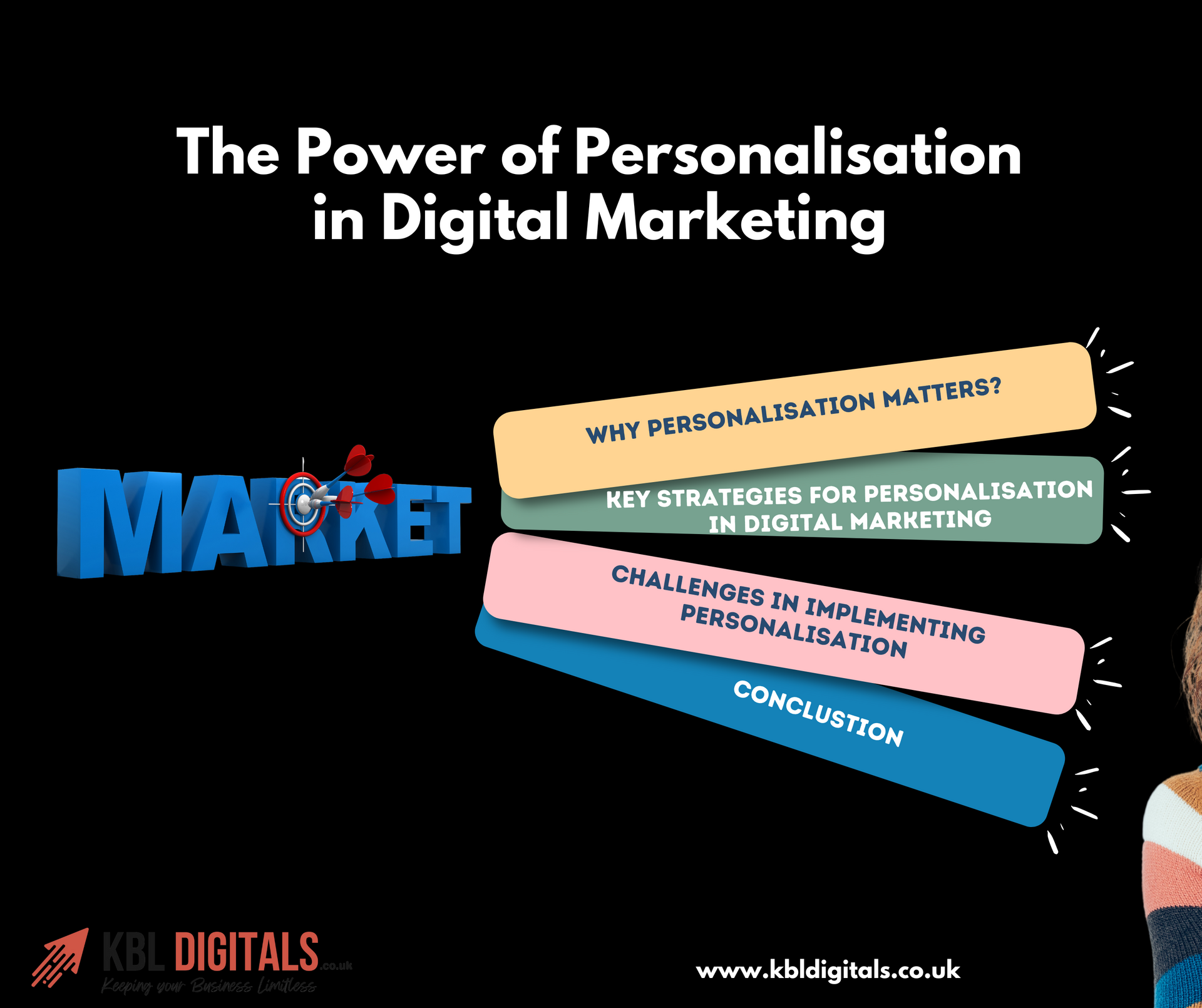THE IMPORTANCE OF BRANDING IN THE DIGITAL AGE
In today's fast-paced digital landscape, effective branding has become more crucial than ever. With an overwhelming amount of information available at our fingertips, distinguishing your brand from the competition is essential. Here are several key reasons why branding is vital in the digital age:
1. First Impressions Matter
- In the digital world, a user’s first interaction with your brand often occurs through your website or social media. Strong branding creates a lasting first impression, establishing trust and encouraging engagement.
2. Builds Trust and Credibility
- Consistent branding conveys professionalism and reliability. When customers recognise your logo, colour scheme, and messaging across platforms, it fosters brand loyalty and instills trust in your audience.
3. Enhances Recognition
- A well-defined brand image helps you stand out in a crowded marketplace. This recognition not only makes it easier for customers to remember you but also fosters loyalty and repeat business.
4. Supports Marketing Efforts
- Clear branding provides a foundation for your marketing strategies. Whether you're creating content, developing ads, or engaging on social media, a consistent brand voice and identity can significantly enhance the effectiveness of your campaigns.
5. Engagement Across Platforms
- In a multi-channel landscape, effective branding allows your business to maintain a unified presence across various platforms, including websites, social media, email, and more. This coherence reinforces your message and caters to consumers’ preferences for cohesive brand experiences.
6. Emotional Connection
- Strong branding can create an emotional connection with your audience. Effective storytelling, purpose, and values communicated through branding can resonate deeply, leading to higher engagement and customer loyalty.
7. Competitive Advantage
- Good branding can be your unique selling proposition. In industries where products and services may appear similar, your brand identity can be a decisive factor in influencing consumer choice.
8. Drives Customer Loyalty
- When consumers trust your brand and feel a connection to it, they are more likely to become repeat customers. Loyalty programs and personalised experiences can further reinforce this bond, turning customers into brand advocates.
9. Facilitates Growth
- Strong branding lays the groundwork for expansion. Whether you’re launching new products, entering new markets, or exploring partnerships, a solid brand reduces barriers and helps communicate your value proposition effectively.
10. Adapts to Change
- The digital landscape is ever-changing. A strong brand can adapt and evolve without losing its core identity. This flexibility allows businesses to pivot quickly and respond to market trends or consumer needs.
Conclusion
In the digital age, where competition is fierce and consumer attention spans are short, effective branding can be the key differentiator for businesses. It not only fosters recognition and loyalty but also builds trust and supports marketing efforts.
Investing in a strong brand identity can yield significant returns, paving the way for lasting success in the digital marketplace.






All Rights Reserved | KBL Digital Marketing Consultancy | Privacy Policy







